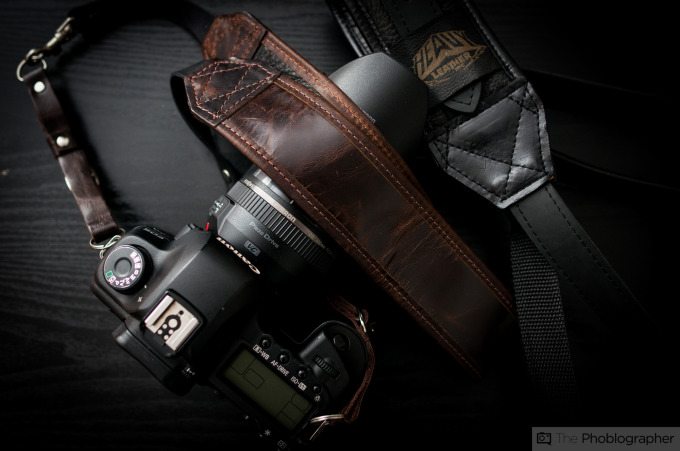Last Updated on 12/04/2014 by Julius Motal
The pro camera: it’s a moniker used often to distinguish one camera from another. There are devices designed and targeted at enthusiasts, semi-professionals, hobbyists, and of course–professionals. Many of the cameras targeted at the pros are much more expensive and bring with them a host of crazy features that you’ll probably never use but that companies have decided to pack into the cameras as a way to sell them. It works, and it’s not at all like we’re bashing the exemplary products that lead the way on innovation in the photo world.
But the idea of a professional camera is a myth.
Why? Any camera that a professional photographer uses to create photos that they will somehow or another make money from is a professional camera. And just because the professional photographer isn’t using the most high end and newest fancy schmancy camera doesn’t make them any less of a professional. That’s like saying a mechanic isn’t a mechanic because they’re not using the latest wrench or digital system to find the problems with a car.
If that professional photographer is using the same little Holgaroid camera that some hipster in Oakland, CA is using as an excuse to ask a girl to take her clothes off but is instead using it to create compelling work that they want to get into a gallery or sell, then that is a professional camera.
A point and shoot? Do you know loads of Magnum photographers have used point and shoots to get the images that they needed? And they’ve gone on to do entire documentary projects with them that the agency then sold.
The professional camera doesn’t need to shoot 15 frames a second, it only needs to shoot the one that the photographer needs to tell the story that they’re trying to tell. Or it needs to be able to capture the senior portrait for the high school student about to enter college. And it needs to be able to capture the tears of joy that the bride’s parents have on their faces during the wedding ceremony.
All of this has one thing in common: the photographer behind the camera. Cameras are machines and are not in any way sentient beings. They do what we tell them to do. When we shoot a camera in automatic mode, we tell it to simply take a photo and deliver something to us based on what it thinks will be best for the scene. But at that moment, it doesn’t understand the concept of backlighting or that you may want to capture your spouse’s beautiful face in that warm, tender moment.
A camera doesn’t understand the concept of a moment: the processor inside of it understands only what you tell it to because the engineers designed it to do just that.
The professional camera is a myth. The real term should be the professional with a camera. More specifically, with the camera that works for them.


